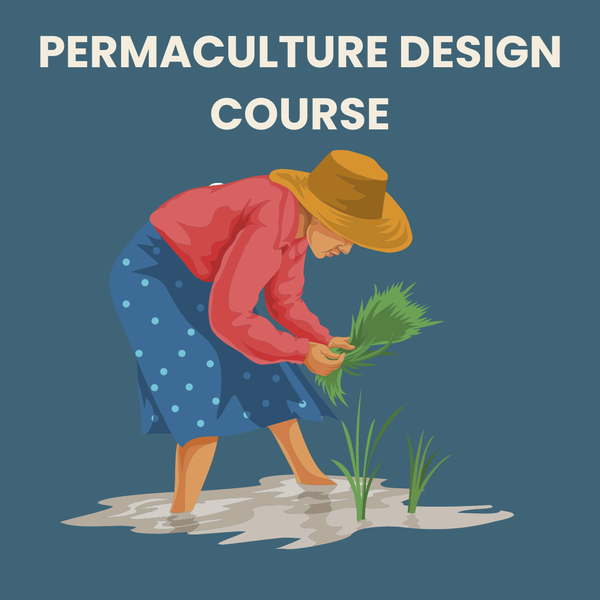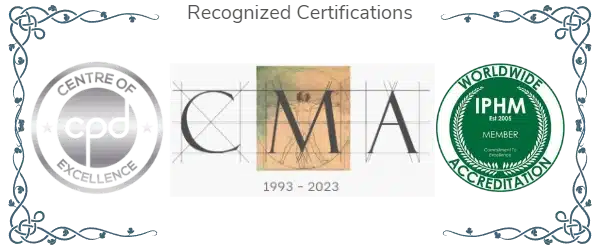OUR COURSES ARE INTERNATIONALLY RECOGNIZED
Get your Permaculture certification today
- Online training, complete and accessible
- Certified by three international accreditation bodies
- Downloadable PDF & audio modules
- Unlimited and lifetime access
- You work at your own pace, from your computer, tablet or mobile
- Access to a private forum
- 30-day money-back guarantee
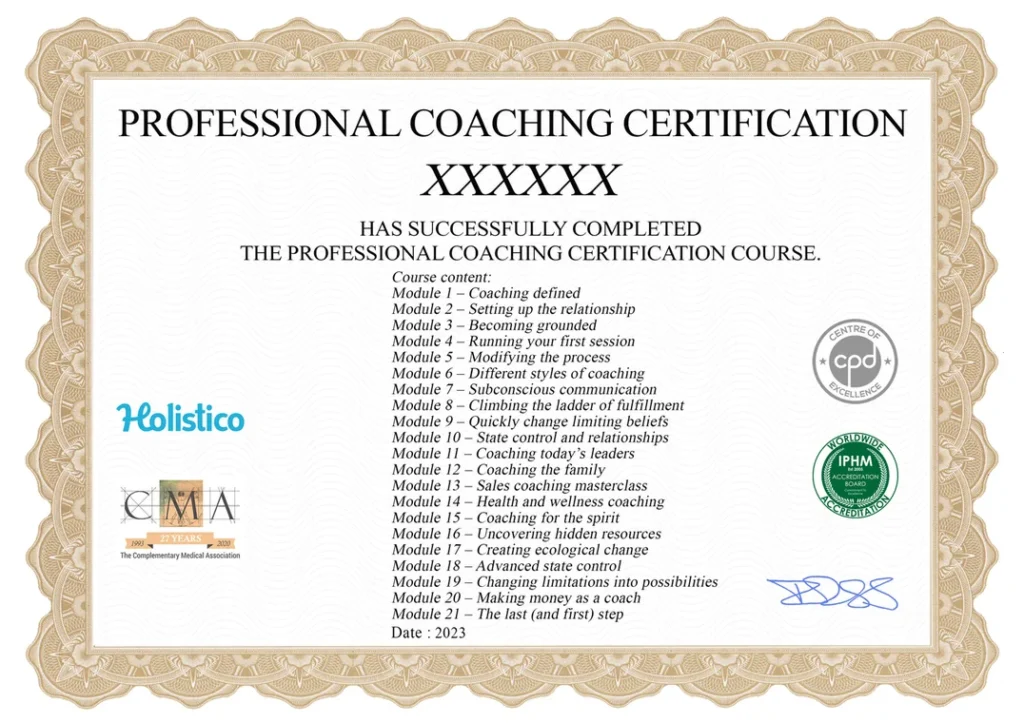
Are you tired of lamenting about the mess our world is in?
Every day we hear about the impending catastrophes that threaten our very civilization. Unfortunately, the majority of us choose to simply stick our heads further into the sand and naively trust that somehow we´ll figure a way out of our mess.
The unsustainability of our current society is so overwhelming that many people simply can’t imagine alternative lifestyles and livelihoods that are allow us to live in harmony with the natural world and in right relation to our neighbors.
If you want to engage in the very real work of building a sustainable alternative, permaculture offers genuine and tangible ways in which you can create alternative paradigms that will make our currently unsustainable civilization obsolete.
What is permaculture?
It’s the practice of designing sustainable human habitats by following nature’s patterns and respecting nature’s limits.
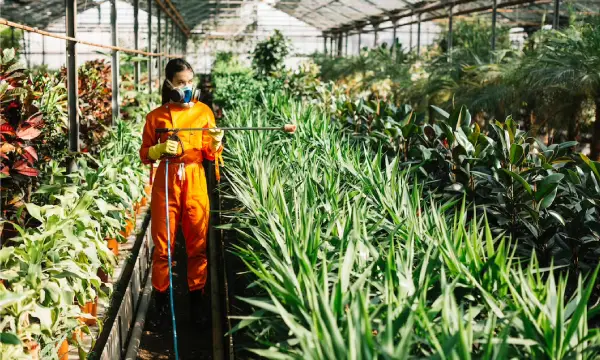
It’s nothing new…
Traditional indigenous cultures have been living sustainably in their ancestral territories for thousands of years. Permaculture offers to those of us not fortunate enough to have been born into a sustainable civilization a model for how to live sustainably in place.
Sustainable lifestyles aren´t a privilege of a select few with money to buy their way into a permaculture design course. They’re the legacy of anyone who sincerely desires to live sustainably.
In this ground-breaking course, you’ll learn:
- What’s behind permaculture
- How past societies have used the sustainable practices we find in permaculture
- About being observant of the land and working with – not against – it
- Practical ways of using permaculture’s principles
- How you should plant and why
- The ways that animals fit into the system
- The relationship between modern urban life and permaculture
- How you can build your own house while remaining true to permaculture’s principles
- The ways that invisible structures play a vital role in beginning and maintaining a permaculture lifestyle.
About this course
This introductory course to permaculture follows the permaculture design curriculum originally designed by Bill Mollison, one of the founders of modern day permaculture.
Once you’ve completed this online permaculture design course, you’ll be able to take the necessary steps to separate your livelihood from the damaging and unsustainable systems governing modern industrial society. And you’ll have developed practical skills that you can take with you to your site as you begin to construct an alternative, more sustainable livelihood.

Start Your Training Today
- Certificate of practitioner in Permaculture
- Online training, complete and accessible
- Certified by three international accreditation bodies
- Downloadable PDF & audio modules
- Unlimited and lifetime access
- You work at your own pace, from your computer, tablet or mobile
- Access to a private forum
- 30-day money-back guarantee
- Only $87, a value of $290
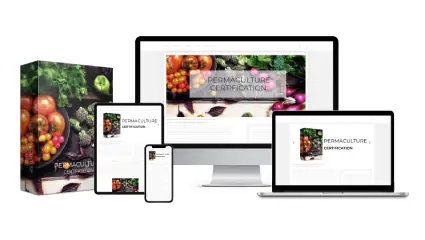
Detailed Course Content
Click to read more about what each module will cover:
The first module offers an introduction to permaculture and discusses its ethics and principles. In addition, it looks at ways in which we can better care for the Earth and humanity as a whole.
In this module, you’re going to learn about:
- The contrary ethics of modern society
- The ethics and principles of permaculture
- Care of the Earth and of humanity
- Redistribution of surplus
- Nature as a teacher
- Traditional ethics of indigenous peoples
This module explores the process of design that sets permaculture apart from other back to the land movements. It discusses applying design techniques while considering what the land has to offer, and describes what you need to be aware of.
In this module, you’re going to learn about:
- How design is absent in modern-day land use
- What the land will allow you to do
- Observation techniques and what to observe
- Climate and microclimate
- Mapping
- Indigenous design in the Amazon rain forest
Module 3 is about soil and its importance of soil. It discusses how to conserve soil as the basis of any sustainable livelihood, including ways in which the soil is and should be treated.
In this module, you’re going to learn about:
- Soil as a non-renewable resource
- Soil conservation techniques
- How to make soil
- The soil food web of Elaine Ingham
- Slash and burn agriculture of the ancient Mayans
This module focuses on water, in particular its conservation and how permacultures can help with this. It describes how to capture rainwater and store it for your own use.
In this module, you’re going to learn about:
- Soil as a non-renewable resource
- Soil conservation techniques
- How to make soil
- The soil food web of Elaine Ingham
- Slash and burn agriculture of the ancient Mayans
Module 5 is about methods of planting your own crops. It outlines how planting is done in the modern world, how this affects biodiversity, and ways in which permaculture offers a better option.
In this module, you’re going to learn about:
- The mindset of monoculture
- Perennial polycultures and the richness of diversity
- The garden without neat rows
- Perennial agricultural systems
- The importance of guilds and nitrogen fixers
- Propagation techniques
This module is about how animals are a fundamental part of a sustainable piece of land. It discusses the role of animals in permaculture and compares it to how animals are treated in modern society.
In this module, you’re going to learn about:
- The social and ecological aspects of eating meat
- CAFOs and modern society’s understanding of animals
- What animals offer to the system
- A primer on chickens, goats, and bees
Module 7 is about how we can build our own houses and have them be part of the sustainable system we are creating.
In this module, you’re going to learn about:
- The mortgage as the most important part of modern housing
- Can a house be a sustainable part of the landscape?
- How to heat and cool your home sustainably
- Types of sustainable housing
- Integrating structures other than the house into the system
- The chicken coop over a fish pond: the brilliance of a small farmer from El Salvador
Permaculture isn’t reserved only for those with large acreages but can also be adapted to an urban setting. In Module 8, you’ll learn about permaculture in relation to the urban environment.
In this module, you’re going to learn about:
- The “unsustainability” of cities in today’s civilization
- The advantages of sustainability in urban areas
- Finding value in waste
- Food production in urban areas
- Creating community
- The town as a trading place in traditional feudal societies
Module 9 explores different sustainable technologies that can be implemented on your permaculture site.
In this module, you’re going to learn about:
- The contrary ethics of modern society
- The ethics and principles of permaculture
- Care of the Earth and of humanity
- Redistribution of surplus
- Nature as a teacher
- Traditional ethics of indigenous peoples
Module 10 offers a glimpse into how invisible structures are a vital and important part to beginning and maintaining a permaculture lifestyle.
In this module, you’re going to learn about:
- Who benefits from the current structures of society
- The invisible structures in permaculture
- The local food movement
- Alternative currencies
- Business strategies
- Access to land
- Traditional land management of the Mayans
Bonuses
Bonuses, to take you from student to practice
Estimated value at – $689.00
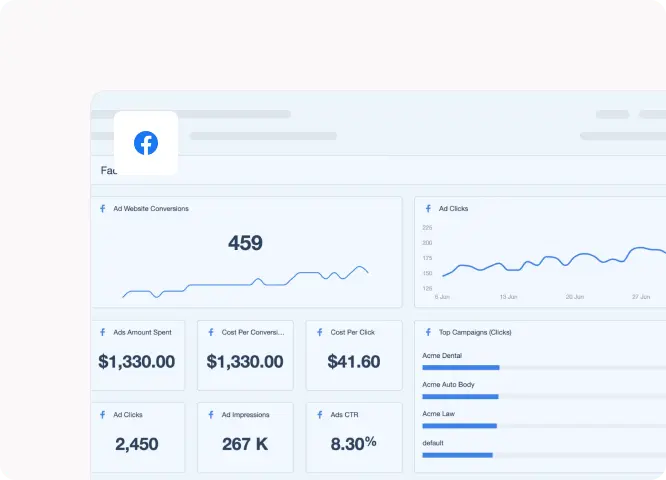
Bonus #1
Facebook Client Attraction Certification
Ready to grow your holistic practice? Join our Facebook Client Attraction Certification course!



Hurry, grab our exclusive bonus offer today!
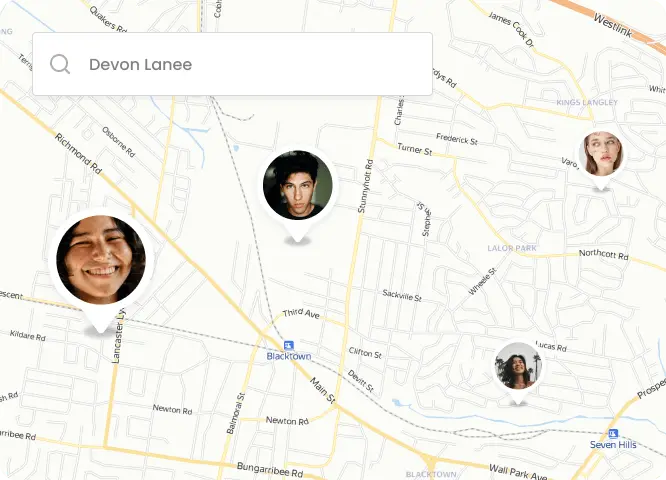
Bonus #2
Student map
Calling all students! Explore our Student Map platform designed to help you connect, chat, and collaborate with fellow students worldwide.



Unlock your academic potential and build meaningful connections today!
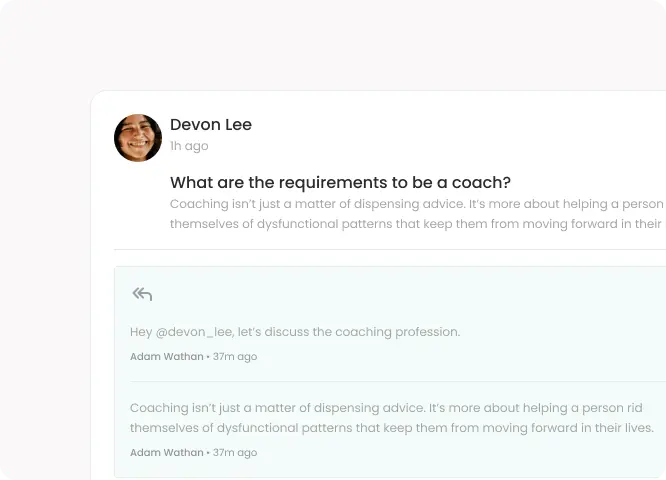
Bonus #3
Forum
Students, it’s time to connect, discuss, and share your insights on our vibrant Student Forum.



Don’t miss out on this opportunity to be part of our thriving student community!
GET YOUR PERMACULTURE DESIGN CERTIFICATION TODAY
OUR COURSES ARE INTERNATIONALLY RECOGNIZED
Our courses are accredited by the IPHM (International Practitioners of Holistic Medicine), CMA (The Complementary Medical Association) and the Centre of CPD Excellence, which means that they are recognized internationally. They were created by professionals rigorously selected for their skills and their thirst for sharing. The information and practical exercises they contain will allow you to move towards your goal, whether personal or professional.

REGISTER TODAY – EARN YOUR CERTIFICATION

Start Your Training Today
- Certificate of practitioner in Permaculture
- Online training, complete and accessible
- Certified by three international accreditation bodies
- Downloadable PDF & audio modules
- Unlimited and lifetime access
- You work at your own pace, from your computer, tablet or mobile
- Access to a private forum
- 30-day money-back guarantee
- Only $87, a value of $290


